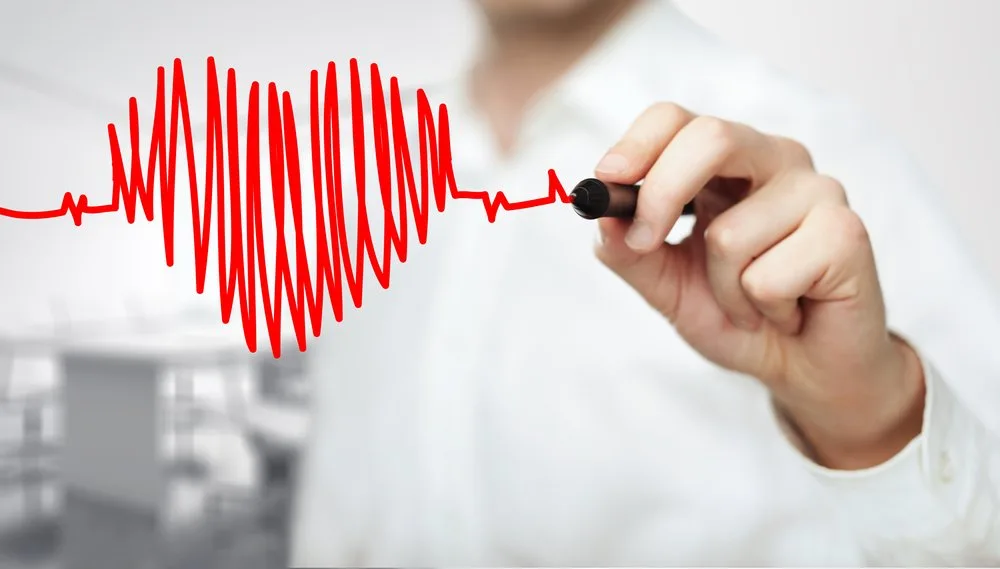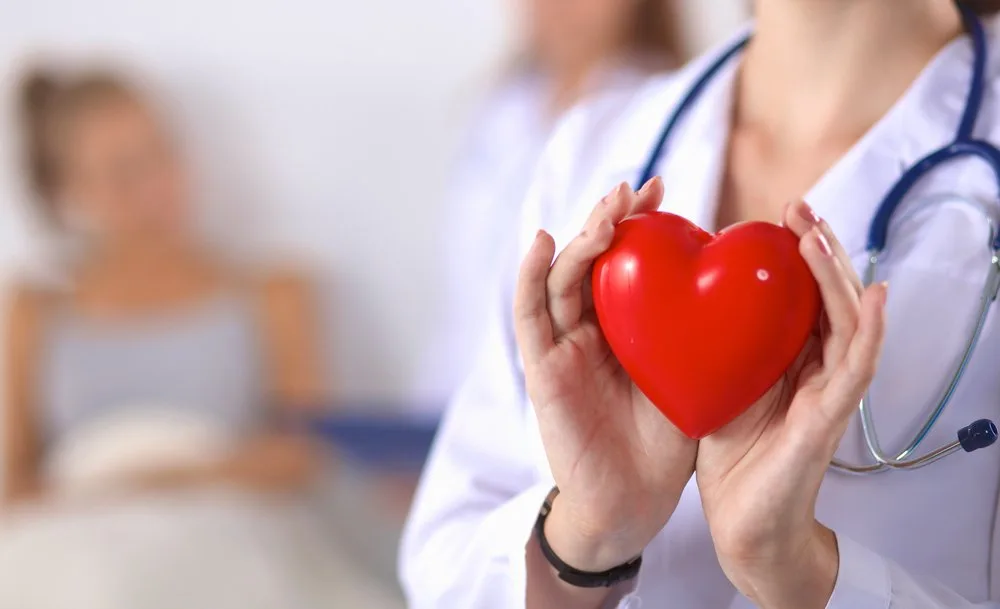The transfer of oxygen to the blood takes place in our lungs. And from there, it is the responsibility of the heart to supply oxygen-rich blood. Also, the blood carries carbon dioxide formed as a result of energy production and metabolism at the cellular level. It is the function of the heart to send the deoxygenated blood to the lungs, where CO2 transfer takes place. Thus the cardiac muscles play an essential role in both respiration and circulation processes.
But the function of the heart gets affected due to various reasons such as stoppage of blood flow, improper valve functioning, irregular contraction of the heart muscles, and electrical conduction problems (arrhythmia).
However, the most common cause of heart disease is coronary artery disease.
What is coronary artery disease?
The human heart is made of muscles. These need to contract and relax to carry out the pumping of blood. The coronary arteries supply oxygenated blood to the heart muscles. When there is damage to the inner layer of the blood vessels, its surface becomes sticky. It attracts particles like lipoproteins, calcium, cholesterol, etc. The process of plaque building takes a long time, and sometimes, a new artery might develop naturally. But when the plaque gets too large, the blood flow to the cardiac muscles is not sufficient. It slowly hampers the pumping capacity of the heart. Some people might experience symptoms like mild chest pain, burning sensation, sweating, breathlessness, etc. People often mistake it for indigestion. But, in the beginning, people may not have any symptoms at all.
A more dangerous problem occurs when the plaque ruptures. The platelets near the site gather and start the clotting process. Blood clots or the thrombus could inhibit the flow of blood to a portion of the myocardium, leading to a heart attack. In general, plaques that are small tend to rupture. Thus, it is essential to know the symptoms and risk factors of the disease.
Symptoms of coronary artery disease

Peshkova/Shutterstock
Angina
The chest pain (angina) is the typical symptom of underlying heart disease. You feel pressure on the chest, especially while doing strenuous activities. You could also have shortness of breath simultaneously. At times, one might feel like the squeezing of the entire upper body.
Initially, people feel comfortable by relaxing or not doing activities like climbing stairs, carrying heavy objects, etc. But if ignored, the symptoms arise even during sleep or while at rest. One should not ignore chest discomfort and consult a coronary artery disease specialist if having comorbidities like diabetes, high blood pressure, obesity, etc.
Chest discomfort can be mild, and the pain quickly radiates to the neck, shoulders, and jaw. Women are more likely to experience upper body pain and may not doubt it as heart-associated problems. If the pain starts in the chest and radiates towards the left shoulder and arm, then there are higher chances of having artery clogs or even a heart attack. Women may also experience throat and jaw pain.
Indigestion
All issues related to digestion problems such as stomach pain, heartburn, gassy-feeling, nausea, and vomiting could be due to coronary heart disease. Some have silent heart attacks too. If these symptoms occur along with extreme tiredness, and you belong to the risk-prone category, it is always advisable to seek medical advice.
Cold Sweating
Cold sweats can happen when the oxygen level in the body is less. The underlying cause could be insufficient blood circulation.

Sweating after, doing physical tasks, or exercise is common. Some people have night sweats where the entire body gets wet, and even the bedsheet and blanket might become damp.
Cold sweating is specific to certain parts of the body like palms, armpits, and soles. One also experiences a chill-feeling. There are many other reasons for cold sweating, such as fear, shock, viral flu, bacterial infections, and vertigo. It could be one of the first symptoms of a malfunctioning heart; one has to keep the guard up and look out for other signs.
Extreme fatigue, dizziness
The reason for tiredness could be many. But an impending heart failure could be one of the reasons. You do not seem fresh in the morning, and the exhaustion continues throughout the day. You might feel dizzy as you stand up and could become unsteady. If you have these signs along with chest pain or heartburn, then you require immediate medical attention.
Shortness of breath
In many people, shortness of breath could be the only symptom of coronary artery disease. It is the most overlooked sign too. Slowly, it interrupts sleep and makes you anxious. The reason for short breath is the decreased efficiency of heart pumping. As a consequence, the lungs get filled with fluids and are not able to transfer gases at the desired rate.
Final Thoughts
Symptoms of coronary artery disease and other heart ailments vary widely. It is essential to be aware of them. Eating healthy, staying active, and maintaining an optimum weight are the prerequisites to having a healthy heart.
It is also advisable to quit smoking and consume alcohol in moderation. Also, aged people (women over 55 and men over 45) should check their cholesterol and blood pressure levels checked at least twice a year. People whose family members have/had heart diseases need to be more cautious.

 Derek has been closely studying the health industry trends for quite some time. Intrigued by the booming growth of this sector, he takes interest in penning down her views providing quality insight on current Health trends, and pushing people towards a healthy lifestyle through his writings.
Derek has been closely studying the health industry trends for quite some time. Intrigued by the booming growth of this sector, he takes interest in penning down her views providing quality insight on current Health trends, and pushing people towards a healthy lifestyle through his writings.






![women [longevity live]](https://longevitylive.com/wp-content/uploads/2020/01/photo-of-women-walking-down-the-street-1116984-100x100.jpg)









